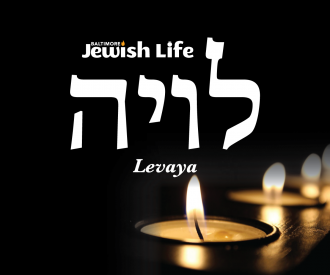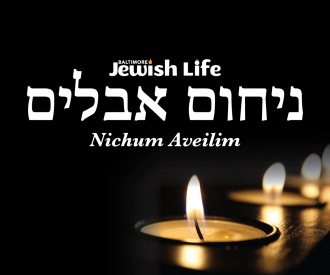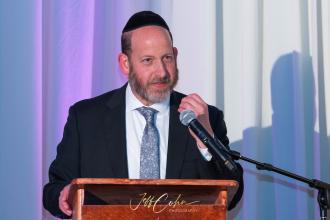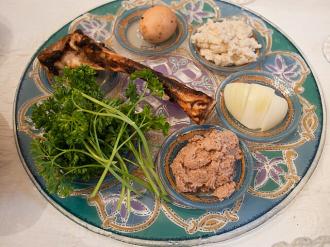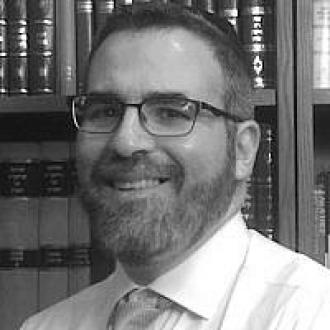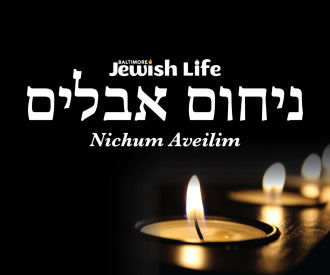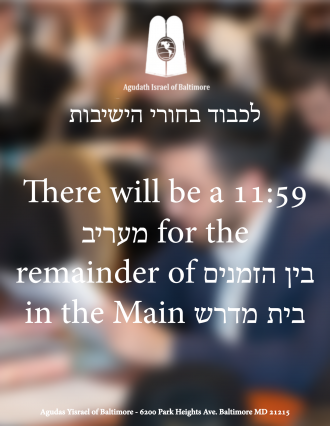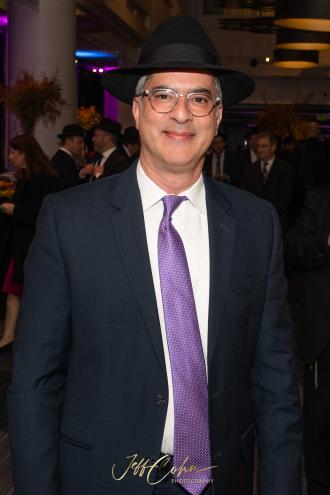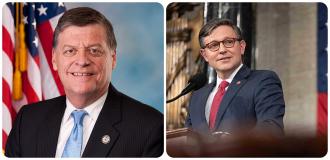Jordan’s condemnation of Israel for Muslim disturbances on the Temple Mount in Jerusalem justifies and encourages Palestinian violence, an Israeli lawmaker and longtime advocate for the right of Jews to pray at their holiest site told The Algemeiner on Tuesday.
Knesset Member Rabbi Yehuda Glick was responding to a statement issued Monday by a government spokesman in Amman, demanding that “Israel immediately stop all the escalating actions.”
Glick — who survived an assassination attempt in October 2014 at the hands of a Palestinian terrorist — slammed Jordan for ignoring the actions of radical Islamists and accusing Israel of stirring up unrest at the holy site. “The guilty parties are those who commit and incite to violence. Any attempt to blame someone else constitutes a justification for the violence — something I totally reject,” he told The Algemeiner.
On Tuesday, following intense clashes on the site, the Israel Police announced a ban on all non-Muslims from accessing the Temple Mount until the end of Ramadan. According to Islamic tradition, the last 10 days of the month-long holiday are the most sanctified. This period began on Sunday.
Police spokesman Micky Rosenfeld said that throughout the week, Palestinians barricaded themselves inside the Al-Aqsa Mosque with stockpiles of fireworks and other objects, which they used to attack security forces.
In addition, non-Muslim worshipers at a nearby plaza were pelted with rocks and other items, leaving a 73-year-old woman lightly wounded. Thus far, 16 Palestinians have been arrested.
According to Glick, over the last year, the behavior of the Israel Police and policies of Minister of Public Security Gilad Erdan — “have proven that it is possible to treat those who incite to and commit violence on the Temple Mount with determination and without fear of threats from terrorist groups.”
Citing the blacklisting of the northern branch of the Islamic Movement and noting that the Muslim activist group Morabiton — which was responsible for harassing Jews visiting the holy site — was banned, Glick said that in recent months a “record number of Jews have been able to visit the Temple Mount in peace.”
While Glick said he “understands, though doesn’t agree with” the decision to close the Temple Mount to non-Muslim visitors, he made clear that “when the security situation warrants it, the Temple Mount must be closed to everybody, and we must not allow for tourists and Jews to become hostage to terrorists and perpetrators of violence.”
“We must use all means at our disposal to locate the perpetrators and bring them to justice, so as not to encourage them to re-offend,” he added.
Glick — who entered the Knesset last month — told The Algemeiner that by “taking a tough stance against the extremists who call for terrorism and violence, and simultaneously strengthening the moderates who understand that the Temple Mount is a holy site for all people, we can reach a point at which it will be possible for every person to go up to the holy mount — whose calling is to be an international center of peace and reconciliation — and converse with his or her Lord of the Universe. I intend, through the parliamentary tools at my disposal, to continue to ensure that this is the policy of the Israeli government.”
The Temple Mount is Judaism’s holiest site and Islam’s third holiest. It is the place where the two Jewish temples stood and where Muslims believe the Prophet Mohammed began his night journey to heaven.
Over the last year, Palestinian leaders have accused Israel of trying to alter the status quo on the Temple Mount — and even of seeking the destruction of the Al-Aqsa Mosque — as a way of inciting the populace to commit violence. The surge in Palestinian terrorism that began last September, commonly referred to as the “lone-wolf intifada,” was spurred by such claims which were spread on social media.

